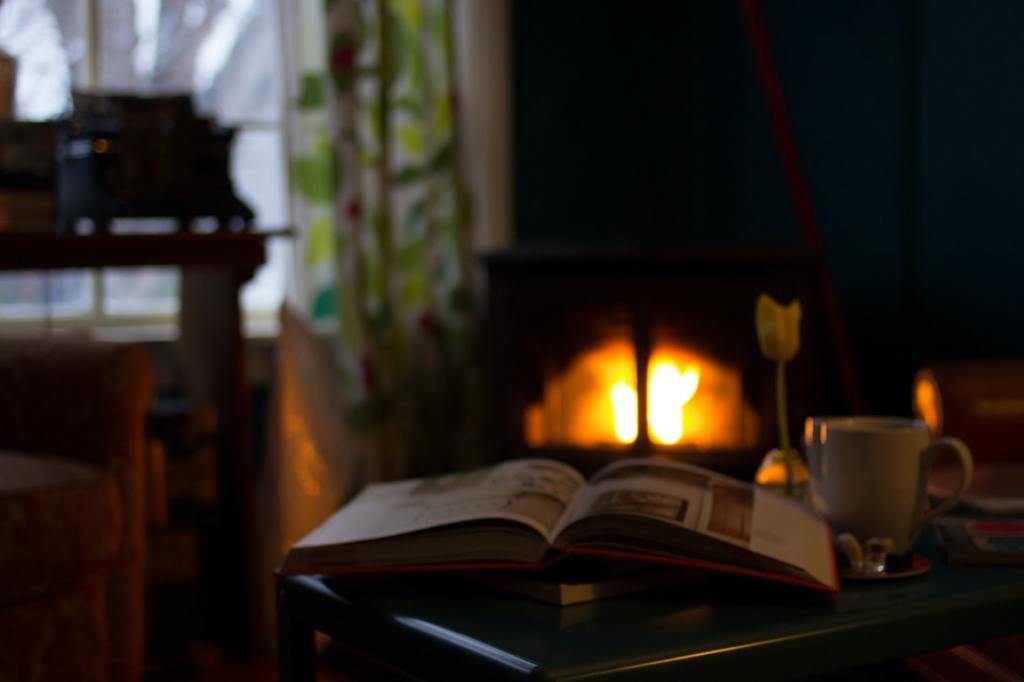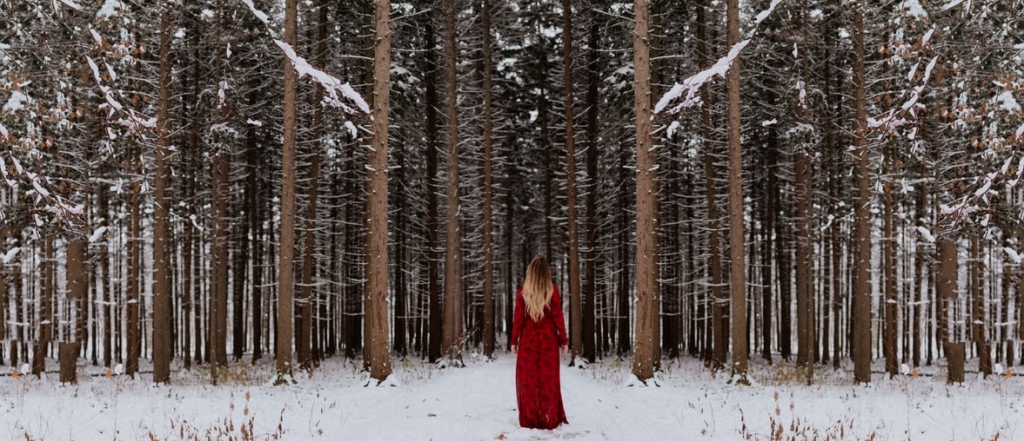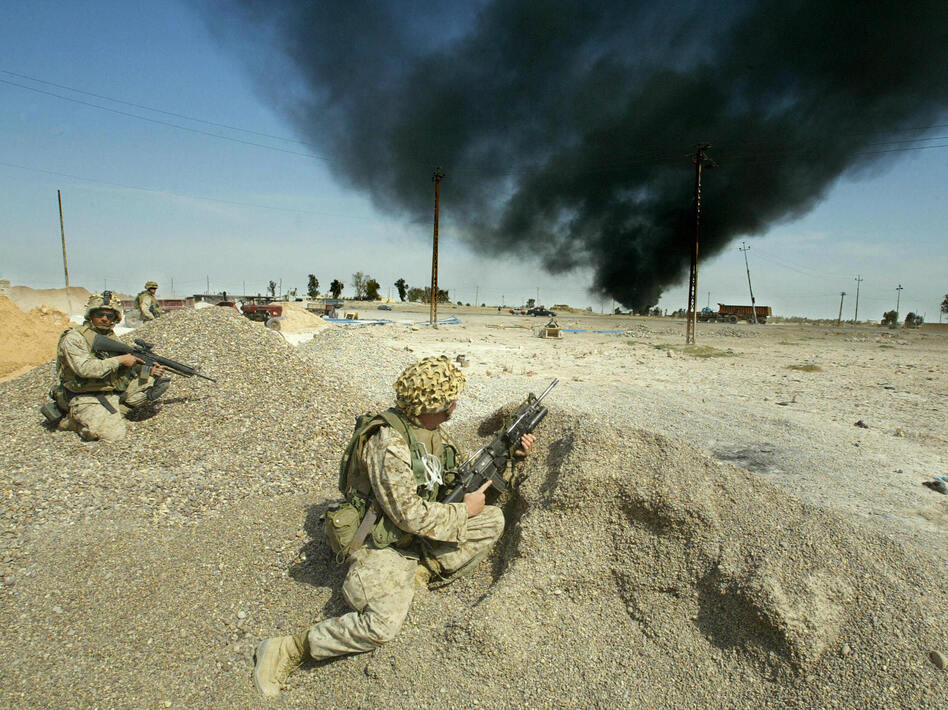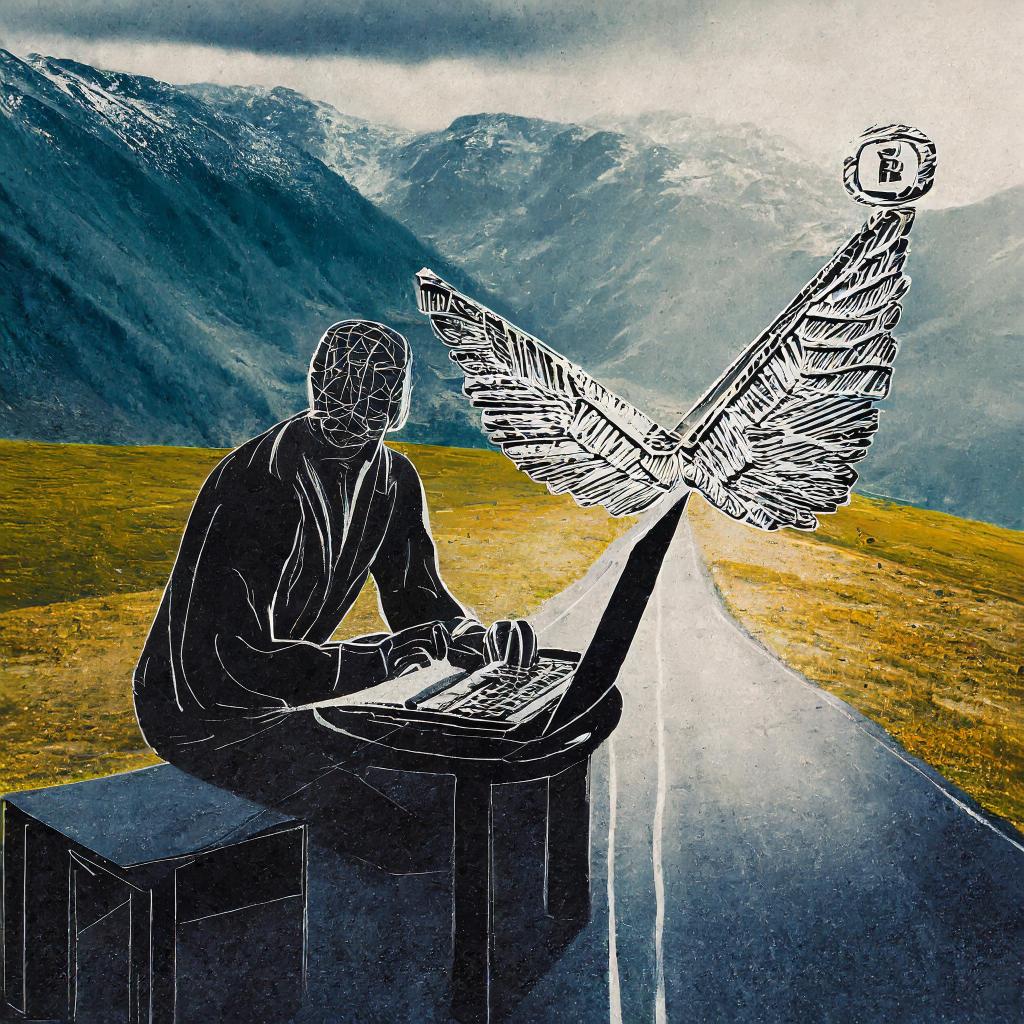As the shortest day of the year approaches – Winter solstice – we might not be feeling any love towards the cold or the dark of the winter solstice. But poetry reminds us of the beauty in all things, even the frosty, the bitterness of December days and the Winter that lay ahead. (Header photo by Hernan Sanchez at Unsplash.)
Instead of looking upon the solstice with dread, here are three poems to remind you of the enchantment of winter, and provide you with warmth and solidarity when the icy winds blow.
THE WORLD BY JENNIFER CHANG
One winter I lived north, alone and effortless, dreaming myself into the past. Perhaps, I thought, words could replenish privacy. Outside, a red bicycle froze into form, made the world falser in its white austerity. So much happens after harvest: the moon performing novelty: slaughter, snow. One hour the same as the next, I held my hands or held the snow. I was like sculpture, forgetting or, perhaps, remembering everything. Red wings in the snow, red thoughts ablaze in the war I was having with myself again. Everything I hate about the world I hate about myself, even now writing as if this were a law of nature. Say there were deer fleet in the snow, walking out the cold, and more gingkoes bare in the beggar’s grove. Say I was not the only one who saw or heard the trees, their diffidence greater than my noise. Perhaps the future is a tiny flame I’ll nick from a candle. First, I’m burning. Then, numb. Why must every winter grow colder, and more sure?
If you are enjoying this collection on Winter Solstice Poetry, we have more great Literary content on The Ritual Blog here.
AN OLD MAN’S WINTER NIGHT BY ROBERT FROST
All out-of-doors looked darkly in at him Through the thin frost, almost in separate stars, That gathers on the pane in empty rooms. What kept his eyes from giving back the gaze Was the lamp tilted near them in his hand. What kept him from remembering what it was That brought him to that creaking room was age. He stood with barrels round him—at a loss. And having scared the cellar under him In clomping there, he scared it once again In clomping off—and scared the outer night, Which has its sounds, familiar, like the roar Of trees and crack of branches, common things, But nothing so like beating on a box. A light he was to no one but himself Where now he sat, concerned with he knew what, A quiet light, and then not even that. He consigned to the moon—such as she was, So late-arising—to the broken moon As better than the sun in any case For such a charge, his snow upon the roof, His icicles along the wall to keep; And slept. The log that shifted with a jolt Once in the stove, disturbed him and he shifted, And eased his heavy breathing, but still slept. One aged man—one man—can’t keep a house, A farm, a countryside, or if he can, It’s thus he does it of a winter night.

Robert Frost was born on March 26, 1874, in San Francisco, where his father, William Prescott Frost Jr., and his mother, Isabelle Moodie, had moved from Pennsylvania shortly after marrying. After the death of his father from tuberculosis when Frost was eleven years old, he moved with his mother and sister, Jeanie, who was two years younger, to Lawrence, Massachusetts. He became interested in reading and writing poetry during his high school years in Lawrence, enrolled at Dartmouth College in Hanover, New Hampshire, in 1892, and later at Harvard University in Boston, though he never earned a formal college degree. Excerpt is taken from Poets.org.
If you are enjoying this collection on Winter Solstice Poetry, we have more great Literary content on The Ritual Blog here.
TO KNOW THE DARK BY WENDELL BERRY
To go in the dark with a light is to know the light. To know the dark, go dark. Go without sight, and find that the dark, too, blooms and sings, and is traveled by dark feet and dark wings.
Berry has published more than eighty books of poetry, fiction, essays, and criticism, but he’s perhaps best known for “The Unsettling of America,” a book-length polemic, from 1977, which argues that responsible, small-scale agriculture is essential to the preservation of the land and the culture. Exerpt taken from The New Yorker here.






Leave a Reply